Many of Britain’s rare breeding birds face extinction in the UK due to climate change, according to a new report.
Among those in decline in the UK are whimbrels, Slavonian grebes (pictured above), dotterels...
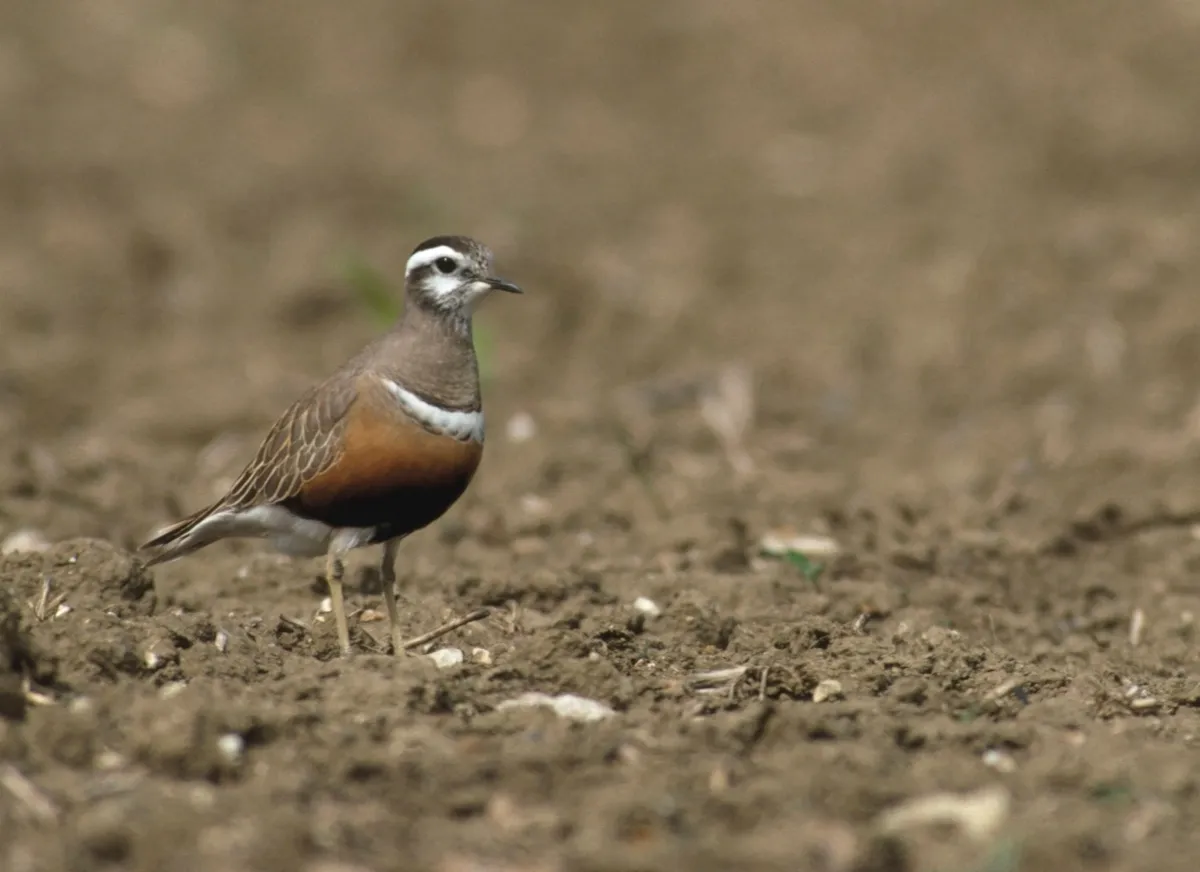
...and common scoters.
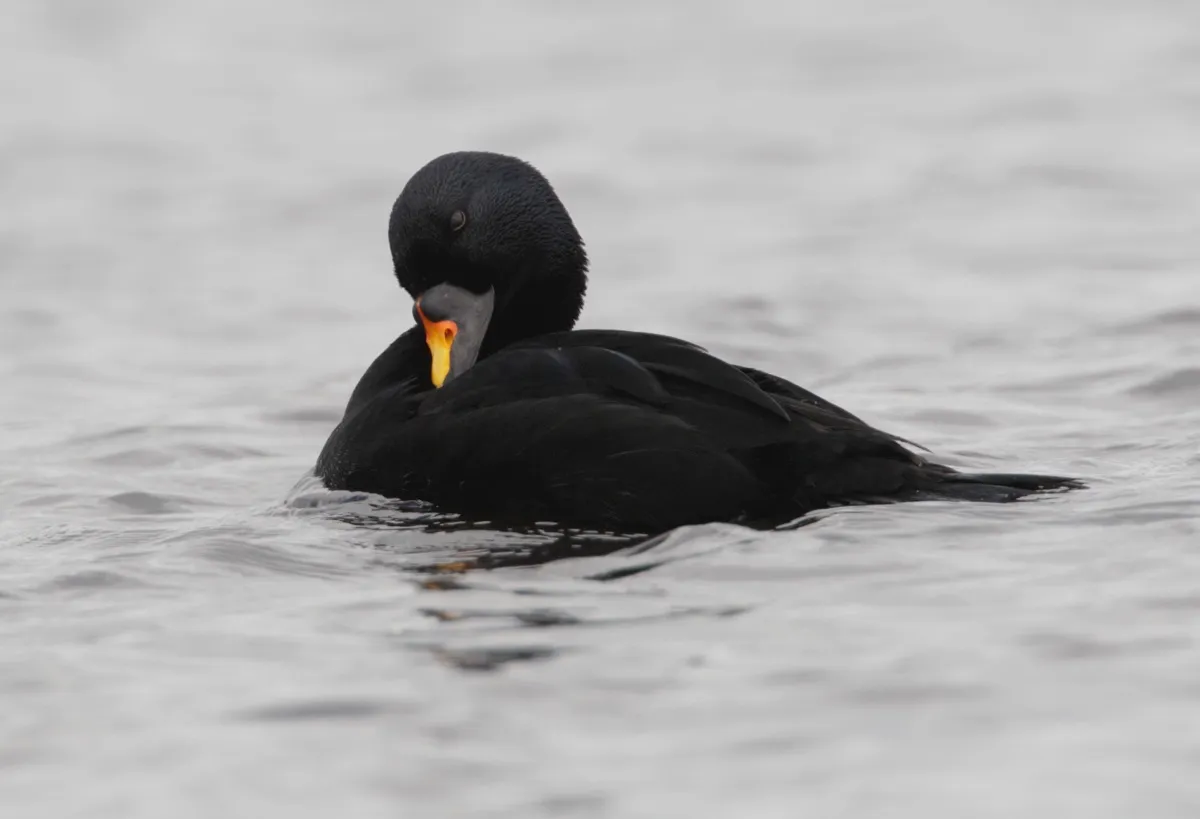
The State of the UK’s Birds 2017 says that these and other species are being pushed out of Britain as the temperature rises, leaving for colder regions to the north.
UK average temperatures have risen by 1°C since the 1980s. If trends continue, the report says, they are likely to may leave altogether.
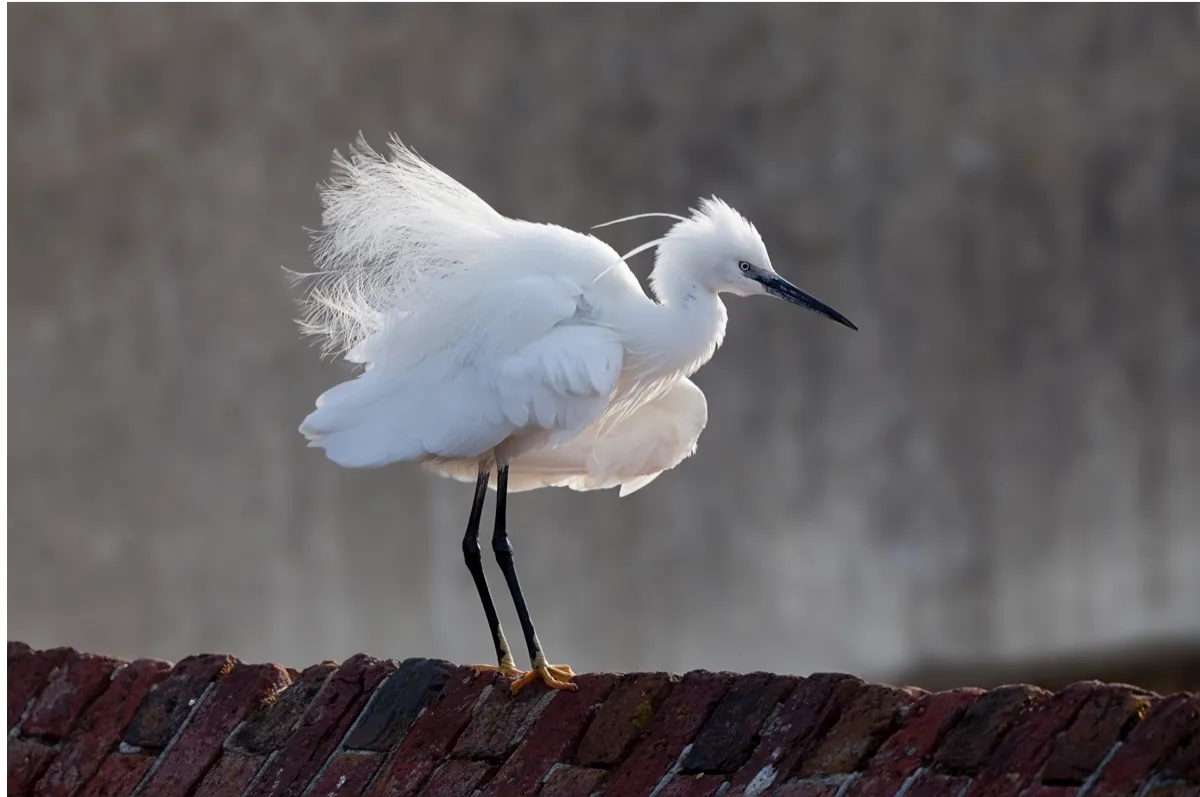
Losers... and winners
But the news isn’t all bad. It’s thought that climate change will allow some bird species to thrive here.
Little egret (above), quail, Mediterranean gull...
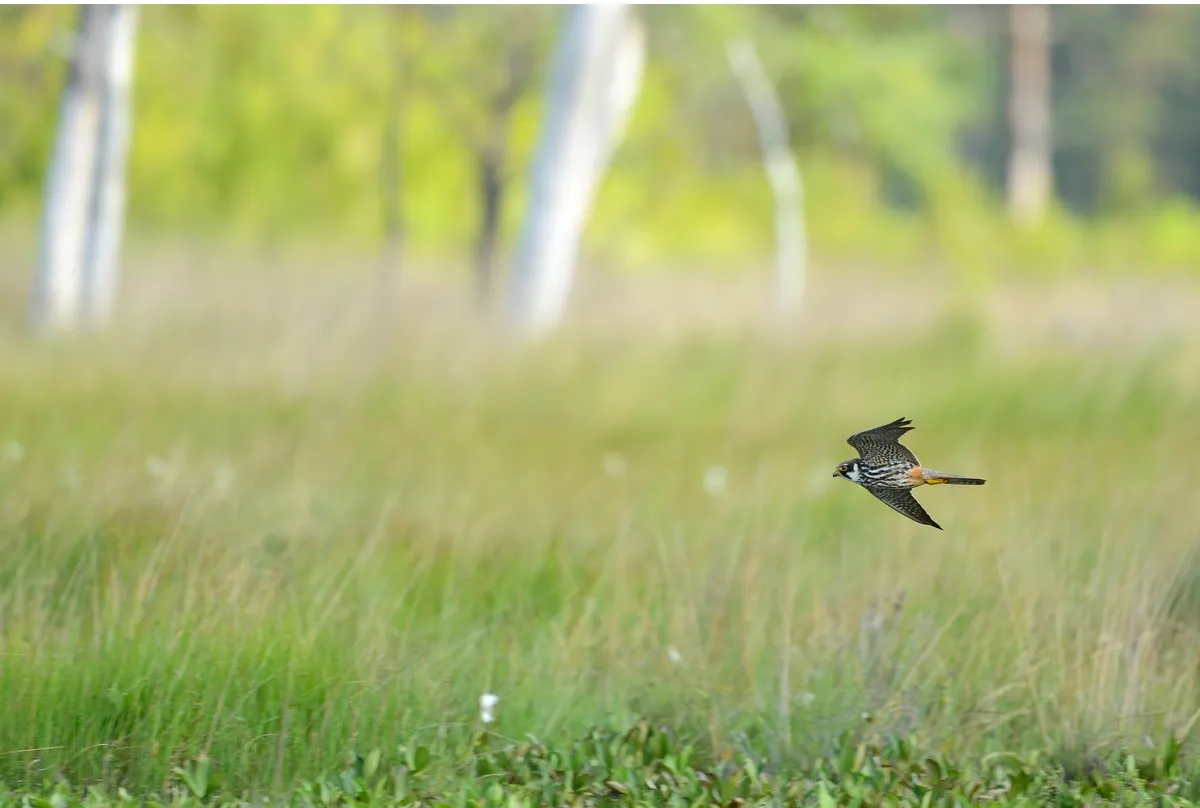
...and hobby – currently a relatively rare sight – are expected to rise.
And some bird species currently based in southern latitudes may make start to migrate here – such as little bittern and zitting cisticola.
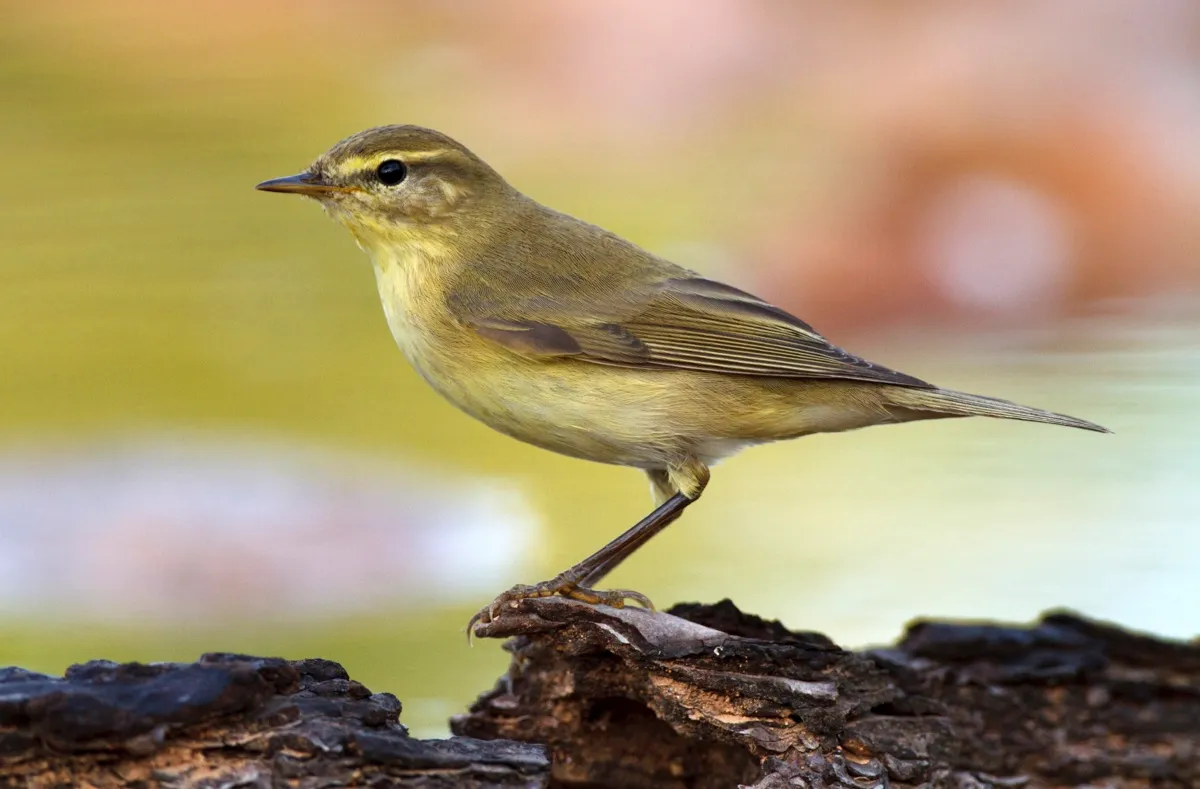
Other short-term migrants normally hop over to Europe for the winter – but thanks to Britain’s warmer, wetter winters, more of them are staying in the UK in the dark months. Winter chiffchaffs numbers are already up by 104%; blackcaps by 289%.
And some familiar species are spending more time than ever in the UK.
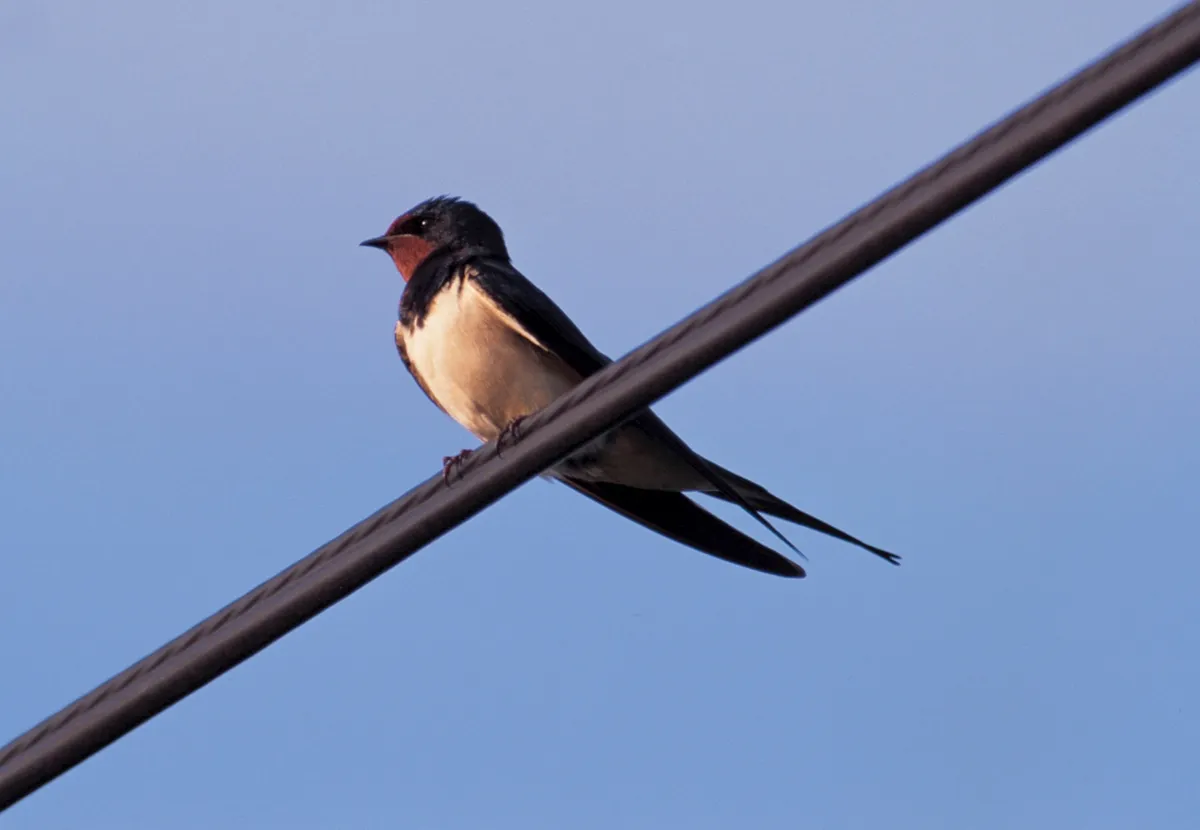
With spring arriving earlier, swallows are returning to Britain 15 days earlier than they did in the 1960s. And they are staying longer in autumn too – delaying their departure by up to four weeks.
The State of the UK’s Birds is produced by the Royal Society for the Protection of Birds (RSPB), the British Trust for Ornithology (BTO) and the Wildfowl & Wetlands Trust (WWT), together with the UK’s nature conservation bodies: Department of Agriculture, Environment and Rural Affairs, Northern Ireland (DAERA), the Joint Nature Conservation Committee (JNCC), Natural England (NE) and Natural Resources Wales (NRW). For more details read the full report: State of the UK's Birds 2017.
• Main picture: Slavonian grebe; courtesy Getty Images

